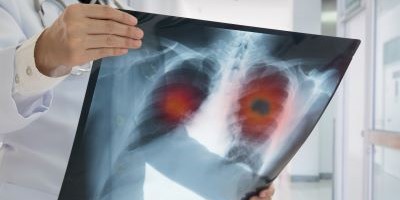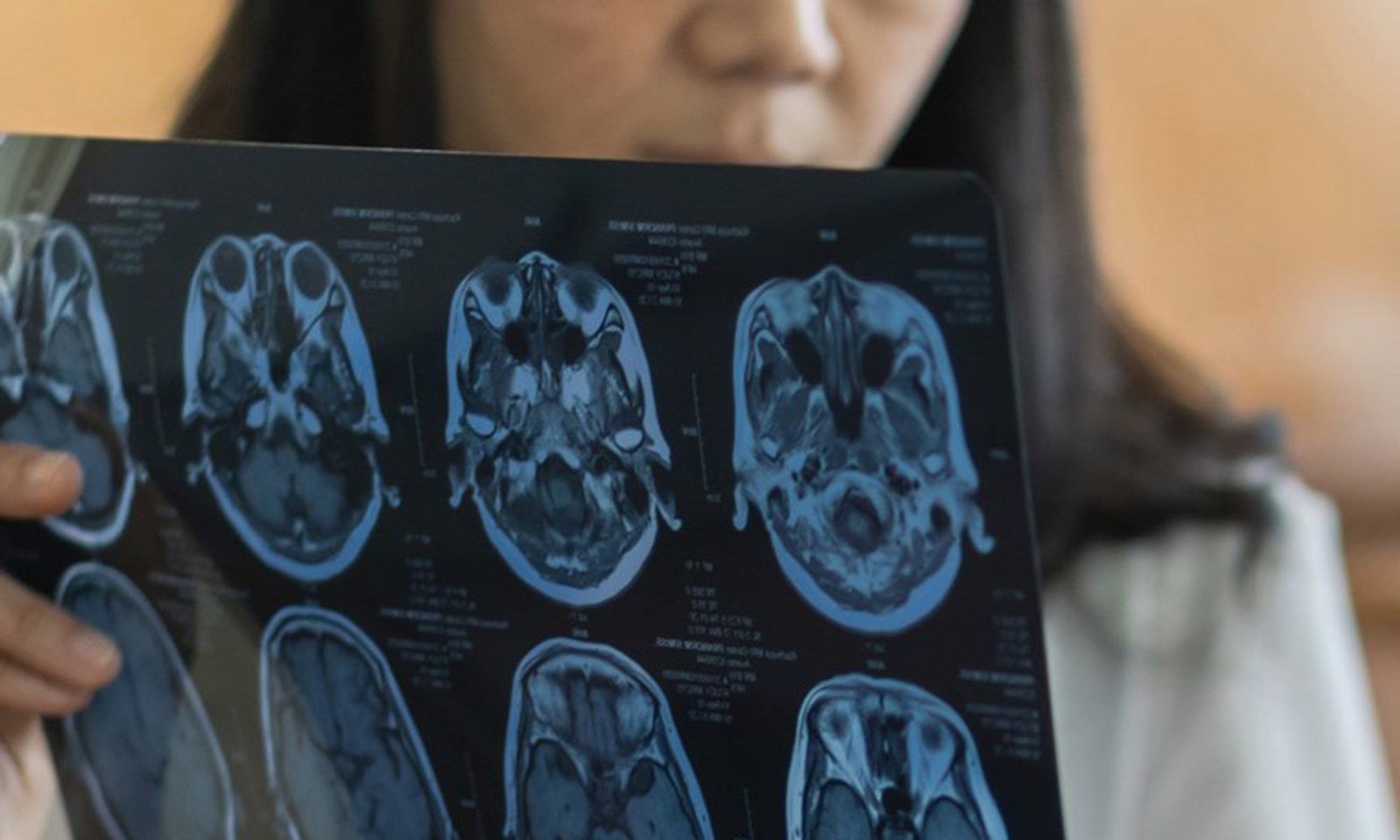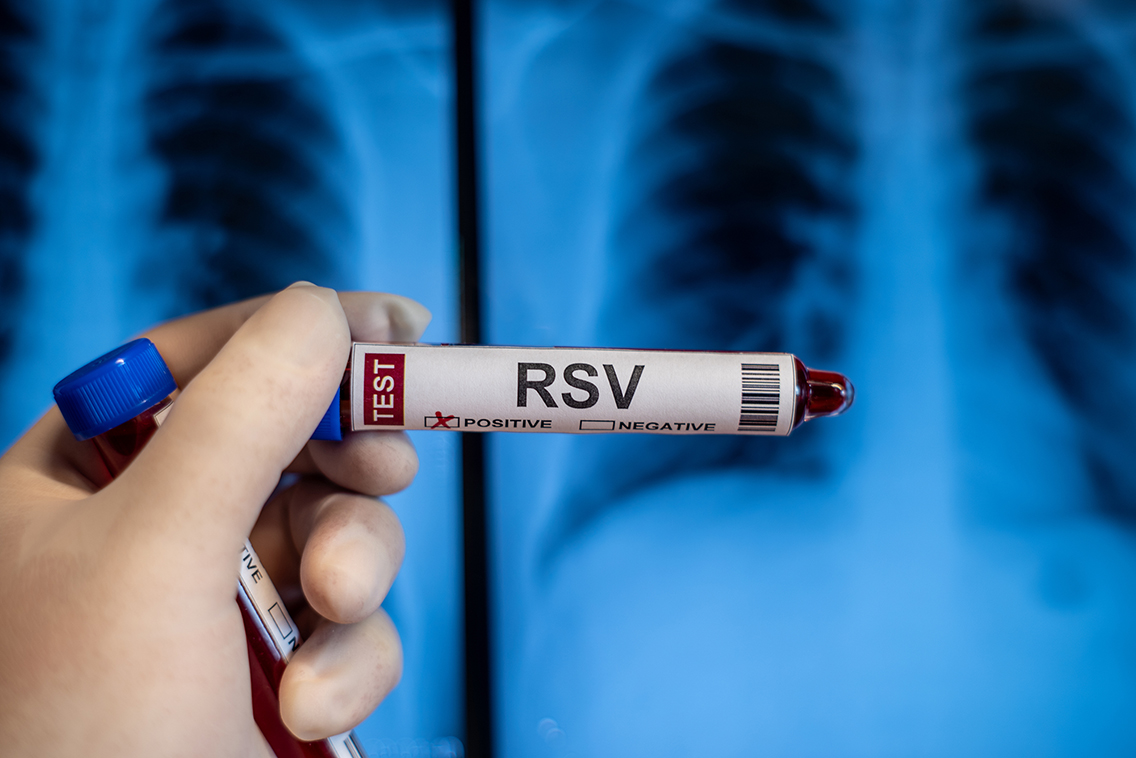This website uses cookies for a variety of purposes including to help improve our website, and for other reasons as set out in our privacy policy. By using our website, you acknowledge and consent to the use of essential and analytics cookies, as described in our Cookie Policy. To understand more about how we use cookies or to change your preference and browser settings, please see our Cookie Policy.
Medical Analytics | 06 February 2024
Stem cell trial for MS Drugs
Scientists successfully conducted early-stage trials which provide hope of a future cure for some of the most severe types of multiple sclerosis (MS). In some patients with MS the disease progresses slowly, or sporadically. However those with progressive MS tend to go downhill more consistently and rapidly, without periods of remission.
In the trial, scientists injected neural stem cells – cells with the ability to develop into brain cells – directly into the brains of 15 patients with progressive MS in Italy. Brain stem cells were discovered around thirty years ago, and were once a huge source of medical hope, but have been developed only slowly for clinical use. The cells came from a miscarried foetal donor but in future it may be possible to derive them from the affected patient.
At the start of the trial most patient shad severe disease, typically requiring a wheelchair.
Over a 12-month follow-up period none materially worsened either physically or cognitively. This suggests significant stability of disease which is not typical of progressive MS patients. Higher doses of stem cells appeared linked to smaller deteriorations in the volume of brain tissue.

However, the severe symptoms of the patients at the start of the trial impairs scientists’ ability to detect and measure deterioration, and we must note that this trial was not just small but also has no control group to compare against. Most patients also still had evidence of disease activity on MRI scans, suggesting the treatment only partially suppressed brain inflammation.
Since this treatment shows potential, and had relatively modest side-effects, the next steps involve larger trials in order to determine optimal doses.
Most of all, future trials will –crucially – aim to prove this technique exerts a genuine meaningful impact on disease progression, especially at earlier stages, so that it can halt deterioration before the patient requires walking aids or a wheelchair.
References
- Early-stage stem cell therapy trial shows promise for treating progressive MS | University of Cambridge
- Intracerebroventricular Transplantation of Foetal Allogeneic Neural Stem Cells in Patients with Secondary Progressive Multiple Sclerosis (hNSC-SPMS): A Phase I Dose-Escalation Clinical Trial
Pacific Life Re Limited (No. 825110) is registered in England and Wales and has its registered office at Tower Bridge House, St Katharine’s Way, London, E1W 1BA. Pacific Life Re Limited is authorised and regulated by the Financial Conduct Authority and Prudential Regulatory Authority in the United Kingdom (Reference Number 202620). The material contained in this booklet is for information purposes only. Pacific Life Re gives no assurance as to the completeness or accuracy of such material and accepts no responsibility for loss occasioned to any person acting or refraining from acting on the basis of such material.
©2024 Pacific Life Re Limited. All rights reserved.

Ian Collins
Vice President

See Lek Chew
R&D Actuary

Mike Wilson
Associate Vice President

Jennifer Chambers
Senior Analyst
Discover more Vital Insights

Protection
Changing regulations an area of opportunity for reinsurers
When asked what opportunities life reinsurers in Asia have, Pacific Life Re's Vasan Errakiah was quick to cite demand for insurance, changing regulations and the adoption of new technologies.
.png)
Protection
Solving the implementation puzzle of machine learning
Asia Insurance Review spoke to Pacific Life Re's Mr Ong Qian Hao and FWD Group's Ms Fiona Hermans to understand how strategic partnerships can effectively address these challenges and lead to successful outcomes.

Medical Advances
Update on COVID-19 and Long Covid
Read our update on the impact of mortality from COVID-19.

Medical Advances
Lung cancer screening, marginal gains or a game changer?
Lung cancer is often diagnosed at a late stage leading to poor prognosis for the individual. We look at how screening could have an impact.

Underwriting & Claims
From Barrier to Benefit: Rethinking the Future of Underwriting
Underwriting has been going through significant transformation over the last few years and continues to accelerate at an unprecedented pace. Traditionally seen as a barrier, there is now a growing opportunity to position underwriting as a strategic asset.

Protection
Leveraging big data insights in reinsurance
Big data analytics has been instrumental for (re)insurers aiming to boost performance, efficiency, and effectiveness.

Medical Advances
Vital Insights Issue 2
From emerging drugs which battle obesity to a review of the effectiveness of new blood tests both to detect cancer and to help slow down Alzheimer’s, we hope these insights help keep you up to date with the latest in medical research.

Medical Advances
Vaping vs. smoking: what are the risks?
Vaping is generally considered less harmful than smoking, however longer-term risks have not had time to emerge and could prove considerable.

Medical Advances
Gut Check: the concerning rise of bowel cancer among young adults
Despite broadly improving cancer mortality, some types of the disease are increasing in incidence

Protection
Serving the Underserved
Consumer Duty has put increased focus on how much value different customers get from financial products. But how well is the protection industry serving different customer groups? Who are the most underserved groups, and what can the industry do to help serve these groups better?

Underwriting & Claims
The future of underwriting is now... are we ready?
Underwriting processes, practices and philosophies are changing with faster pace than we have ever experienced before.

Medical Advances
Tackling the obesity crisis
A new generation of drugs has now well and truly arrived aiming to improve weight loss. The drugs are heavily touted by celebrities and influencers, despite many of them having no medical need to lose weight. Obesity contributes significantly to some of the most common causes of death including heart disease and cancer, as well as affecting quality of life for millions. In this article we look at these increasingly available drugs offering hope to more people with obesity. We consider their potential to broadly improve health, and their limitations.

Medical Advances
New drug may slow down multiple sclerosis
Scientists successfully conducted early-stage trials which provide hope of a future cure for some of the most severe types of multiple sclerosis (MS).

Medical Advances
Exploring the latest medical advances in cancer detection
The world’s largest conference dedicated to the science and treatment of cancer took place in Chicago in early June. The American Society of Clinical Oncology’s annual meeting is a popular forum at which new scientific developments are often revealed.

Medical Advances
Pituitary Neuroendocrine Tumour (PitNET)
A recent review by WHO resulted in reclassification of pituitary adenoma as described in the article

Medical Advances
Climate change and its impact on mortality and morbidity
In 2023 we’ve seen soaring temperatures across the globe along with devastating storms and wildfires. Why is our climate changing and what impact is it having?

Medical Advances
Vital Insights Issue 1
Welcome to our first edition of Vital Insights. Here we’ve put together a collection of articles covering some of the major issues of the day with a specific focus on how they will impact mortality and morbidity.

Medical Advances
Deep dive: Alzheimer's
Total deaths from dementias in high-income countries have almost quadrupled in the last 20 years, yet so far medical science has very few answers. This article looks at the recent emergence of the first drugs which may be able to modify the effects of this terrifying disease

Medical Advances
New Respiratory Syncytial Virus Vaccine
COVID-19 has stolen the limelight from other respiratory viruses in recent years. However there are plenty of other common viruses which can have serious health consequences, among them Respiratory Syncytial Virus, or RSV.

Medical Advances
An end in sight for AIDS
A new UN report reveals optimism about a possible end to the global AIDS epidemic

Medical Advances
Anti-vaccine sentiment increases risk of measles outbreaks
Vaccine technologies have continued to improve greatly in recent years. However, vaccines are little use if people refuse to use them. Here we look at the precarious position of measles, a well-known but little-understood serious condition, which is held in check in most countries only because of high vaccine uptake.

Medical Advances
Does a common sweetener cause cancer
The International Agency for Research on Cancer (IARC), the cancer research arm of the WHO, recently classified the common sweetener aspartame as a possible cause of cancer in humans.

Protection
Building a sustainable protection market
Beneath the Surface report 2023 We explored some of the key drivers of sustainability for the protection market. We undertook consumer research which combined with our medical and underwriting expertise and our deep understanding of the market, enabled us to create this report.
.png)
Protection
Navigating the ocean of Value-Added Services
Beneath the Surface report 2022 In this report, we analyse the current VAS landscape in the UK & Irish protection markets. Look to understand the views and experiences of customers, with the aim of assessing how much value these services are really adding today. Look at what insurers say, and consider what the future might hold for the development of VAS.
.png)